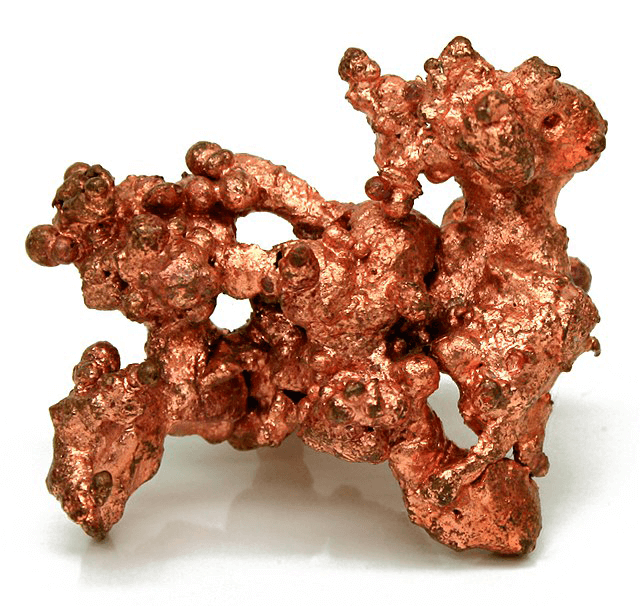- +033 2572 7171
- info@dhanvantary.com

4.5 Rating | 4500 Review

4.5 Rating | 4500 Review
Copper is a vital metallic element found in all bodily tissues. It, along with amino acids, vitamins, and fatty acids, plays a crucial role in normal metabolic functions. Copper ranks as the third most abundant mineral in the human body, contributing significantly to healthy metabolism, which is essential for growth and development.

It is necessary for the formation of peptides, the biosynthesis of neurotransmitters, cellular respiration, and the strength of connective tissues, as well as pigment production. Additionally, copper serves as a co-factor for various enzymes and is important for the development of the central nervous system.
Copper can be obtained from a variety of dietary sources, including seafood, meats, legumes, whole grains, soy flour, wheat bran, almonds, avocados, barley, garlic, nuts, oats, blackstrap molasses, beets, mushrooms, and lentils. Notably, oyster and crab meat are particularly high in copper content. Additionally, the consumption of water stored in copper vessels and the use of copper cookware can further enhance copper availability in the body.
Cooper deficiency may lead to following health complications like:-
An elevated intake of copper can lead to negative health consequences. Copper toxicity may manifest as symptoms such as vomiting, nausea, abdominal discomfort, and muscle pain. A significant excess of copper can contribute to the development of Wilson's disease, a hereditary condition characterized by the accumulation of copper in the liver, potentially leading to liver cirrhosis. Additionally, this condition may result in neurological degeneration. The excessive buildup of copper has also been linked to Alzheimer's disease.
